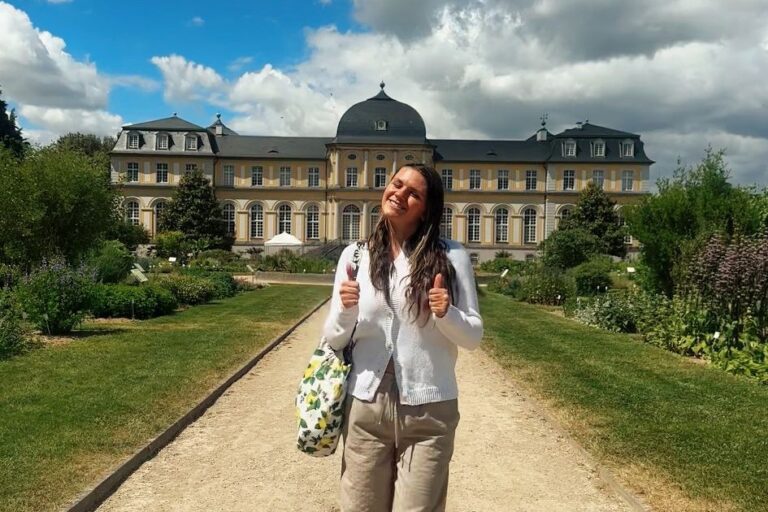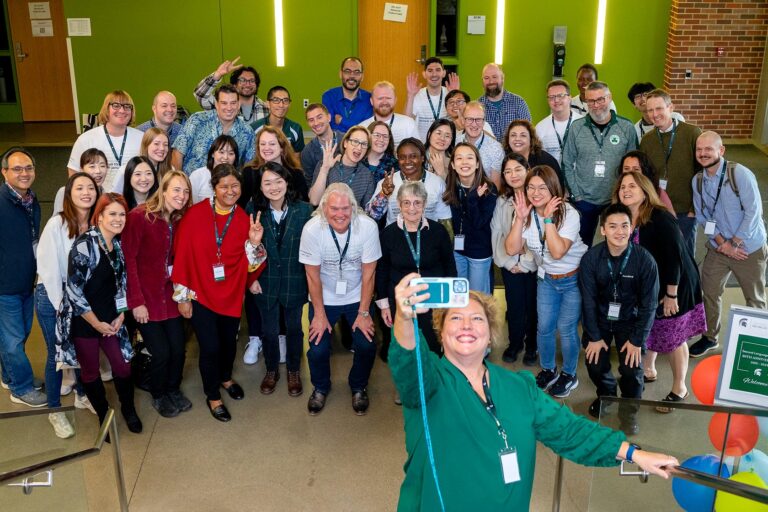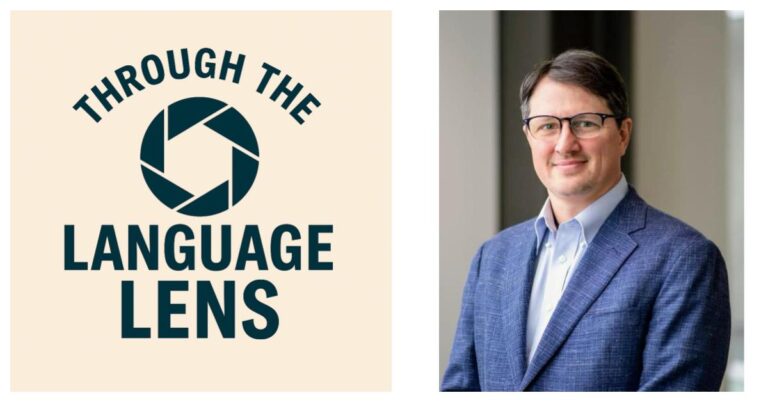During her most recent linguistics internship, senior Karen Lovelace pushed herself far out of her comfort zone…about 3,965 miles to be exact.
A Linguistics major with a minor in Communicative Sciences and Disorders, Lovelace spent 10 weeks over the summer in Utrecht, a city in the central Netherlands, at ReadSpeaker, a company that creates audio voices (comparable to Siri) for easy digital text-to-speech reading.
Lovelace was responsible for using online dictionaries and more than 200 hours of recorded speech to create a lexicon of every word and every sound that the robotic voice could use while reading.
“When people think of linguistics, they just think of professors teaching about words or doing research, but the study can actually go pretty far and do a lot more than that,” Lovelace said. “This experience really made me realize how much more there is to learn about what I do.”
Lovelace, who is studying to be a speech pathologist, arranged the internship independently after speaking with a ReadSpeaker employee for a class assignment. After the informational interview, the employee contacted Lovelace and offered her a position as the company’s first international intern.

“Don’t be afraid to talk to people,” Lovelace said. “If you know someone who’s in your field, take advantage of it and speak to them about their experiences. A majority of the time, the people you know are really eager to see someone else in their field, so that’s something you should take advantage of.”
During the informational interview, the ReadSpeaker employee was interested to hear about Lovelace’s on-campus research. Lovelace participates as a student researcher in the Voice Biomechanics and Acoustics Laboratory (V-BAL) led by Communicative Sciences and Disorders Professor Eric Hunter, where students across disciplines collaborate to study voice and voice disorders. During her time in the lab, Lovelace led a research project that studied how pitch affects the perception of age in voice.
“Employees at ReadSpeaker were excited to learn about my research because they really wanted to have someone who was active in linguistics,” Lovelace said. “I’m not just focused on one subject; I have a lot of interests when it comes to subjects of the voice.”
Just as this internship built upon Lovelace’s linguistics experiences, it also will help with her future endeavors of becoming a speech pathologist.
“This internship made me more well-rounded when it comes to how academics apply to the real world,” she said. “When you’re taking classes, you can’t always imagine where things will go, but I think learning the structure of linguistics really helped me when it applied to the working environment I was in.”
When she wasn’t working, Lovelace spent her time striving to truly experience the Dutch culture by living with Dutch college-aged students and spending weekends biking the city, picnicking in local parks, and taking the train to visit other cities in the Netherlands.
“I got to be part of the day-to-day life, and I got to meet people from there. I walked away feeling like I got the Dutch experience,” Lovelace said. “I feel really lucky that I wasn’t sheltered from what everyone was doing there.”
Above all, the internship got Lovelace out of her comfort zone and showed her just how far she can push herself both professionally and personally.
“Now I know that I can apply myself to any situation and complete whatever I need to,” she said. “Getting out of your comfort zone is the best way to know how far you can go.”


